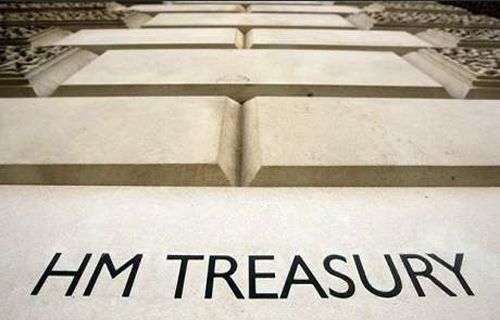
The Chancellor is studying plans to change the Treasury’s fiscal rules to reduced tax hikes in the Budget.
New rules on how the UK’s debt is calculated could give Rachel Reeves up to £57bn of investment spending ahead of Labour’s first Budget in 14 years on 30 October.
It comes as the Chancellor seeks to plug a £22bn hole in the UK public finances she said she was left by the previous Conservative administration.
Labour has pledged not to raise the Treasury’s largest revenue earners VAT, income tax, national insurance and corporation tax.
Although she has not given the same assurances on capital gains tax, inheritance tax and pension levies.
Last week, it was revealed that Reeves has a study on her desk to raise capital gains tax as high as 39%, from its current 28% rate.
Current Treasury rules say that debt – the total amount the government owes – must fall in the final year of a five-year cycle.
But the Treasury is reviewing plans to exclude the £20bn to £50bn annual losses incurred by the Bank of England from the government’s books as the central bank winds down its quantitative easing bond-buying programme that began in the 2008 financial crisis, reports Sky News and other outlets.
This measure could allow the Chancellor to say debt is falling more rapidly in five years – giving her at least £16bn more to spend.
However, last week the Institute for Public Policy Research thinktank argued in a paper that if the government adopted a ‘public sector net worth’ measure it would allow up to £57bn for additional investment.
It says this measure “would make more economic sense, than the previous government’s rule, which does not account for the full set of publicly-held assets, such as equity stakes, and liabilities, such as pension liabilities”.
Although it advises that some of this cash “should be held back as a buffer against uncertain economic forecasting”.
Another thinktank, the Institute for Fiscal Studies, has also warned against borrowing that much money.
Reeves is also understood to be looking at moving new government projects GB Energy and the National Wealth Fund, off the Treasury’s books, which could unlock a further £15bn for borrowing.
Governments occasionally change their fiscal rules, but international bond markets have the final say on their credibility by either raising or lowering the price they are willing to pay to hold a nation’s debt.
Former Prime Minister Liz Truss’ mini-Budget in 2022, earmarked £45bn of unfunded tax cuts, which were punished by the bond markets and led to her leaving office weeks later.



